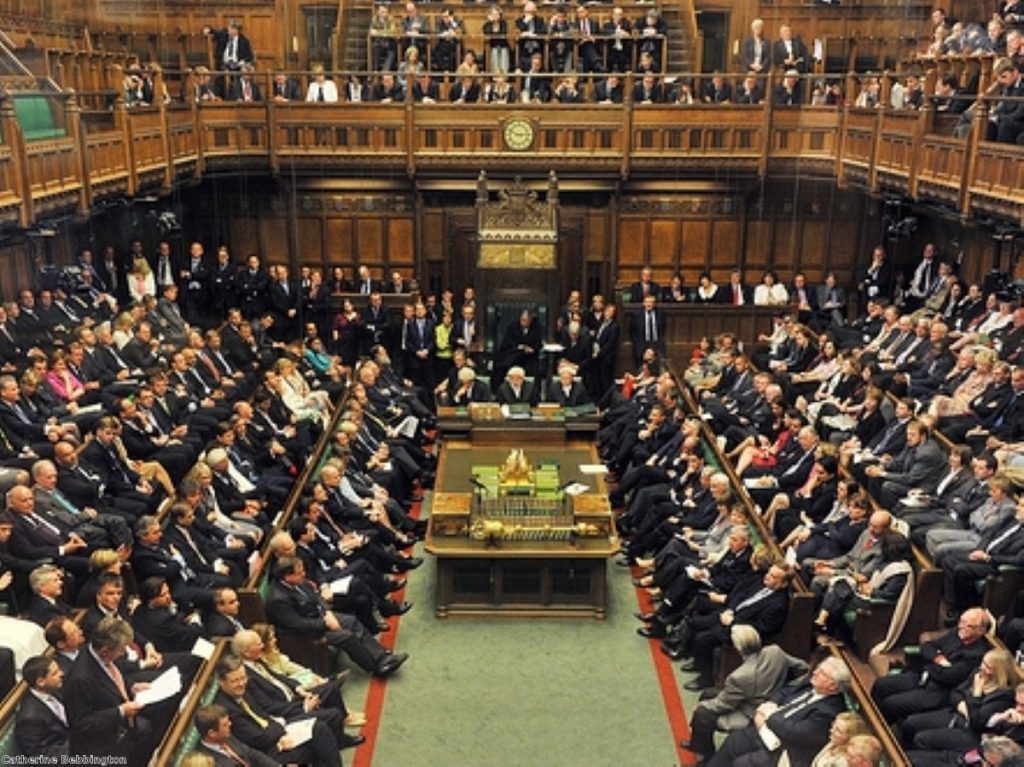Prayer ban ‘won’t apply to parliament’
By Graham Fahy
MPs and peers will not be prevented from praying at the start of parliamentary proceedings, Downing Street has confirmed.
The prime minister and the Speaker today said that there are no plans to review prayers in the Commons or the House of Lords, following a ruling against Bidford town council.
A source at Number 10 said the prime minister "thinks that the prayer sessions are very important and that we should keep them".
A spokesman for the Speaker said there was no plan for any review of prayers in the Commons.
Prayers are said at the start of proceedings in both the Commons and the Lords but attendance is voluntary.
The high court ruled on Friday that Bideford town council had acted unlawfully in saying prayers as part of the formal proceedings.
The ruling is the result of a judicial review initiated by the National Secular Society in support of ex-councillor Clive Bone.
The ruling only affects the formal meetings of local government, but the secularist group which brought the case indicated it would like to see an end to prayers in parliament as well.
A spokesman for John Bercow said: "Under the Bill of Rights 1689, the Commons has the right to decide on its own processes and procedures".
The Speaker’s stance was opposed by his outspoken wife Sally, who according to the Daily Mail, said on Twitter: "If people want to say prayers b4 or after council meetings fair enough. But right that prayers shld not be *official* part of proceedings."
Nadine Dorries branded the ruling as an assault on Britain’s Christian heritage. "National Secular Society and British Humanist Association have similar goals both involve attacking the Christian faith", she said on Twitter.





-01.png)